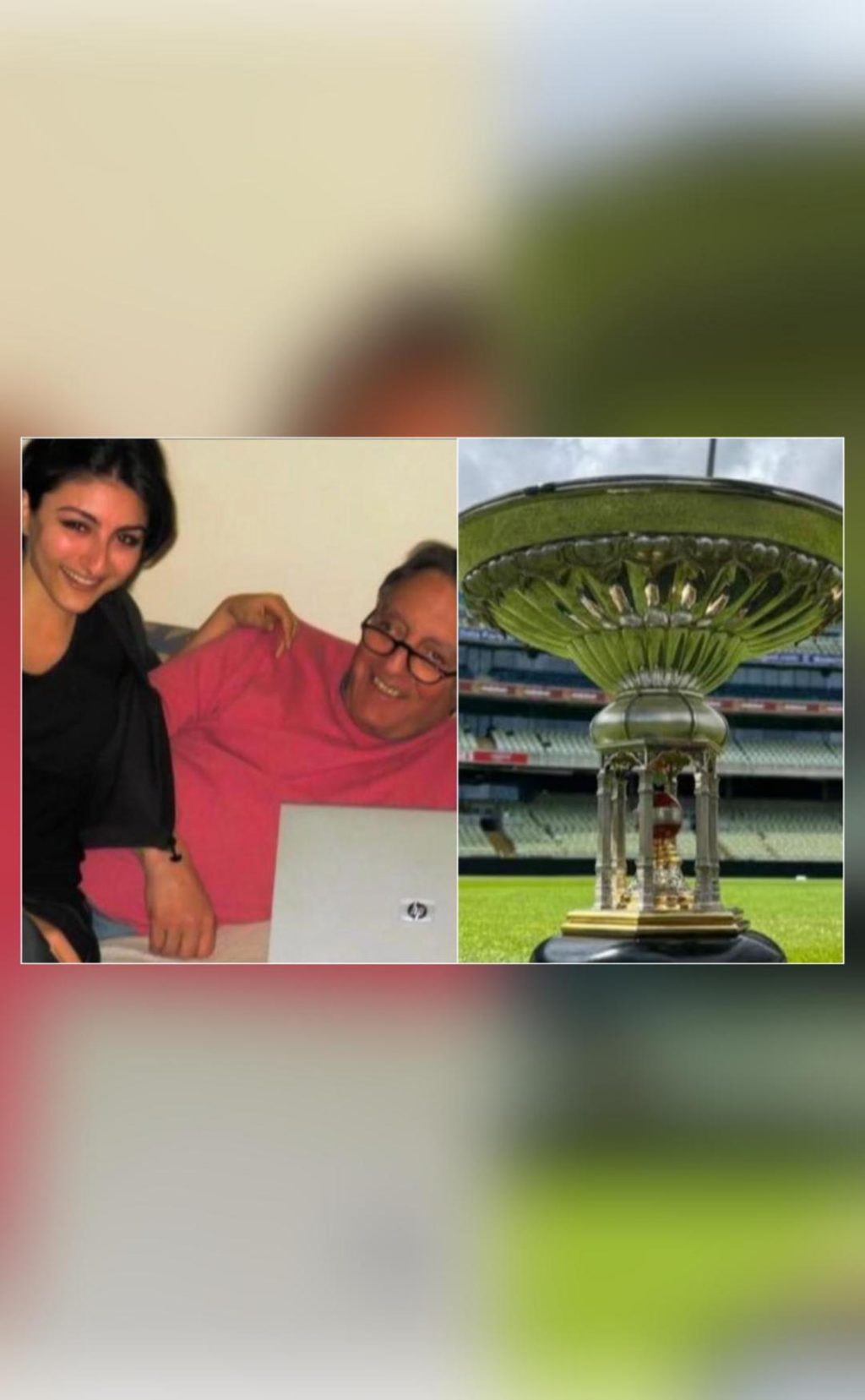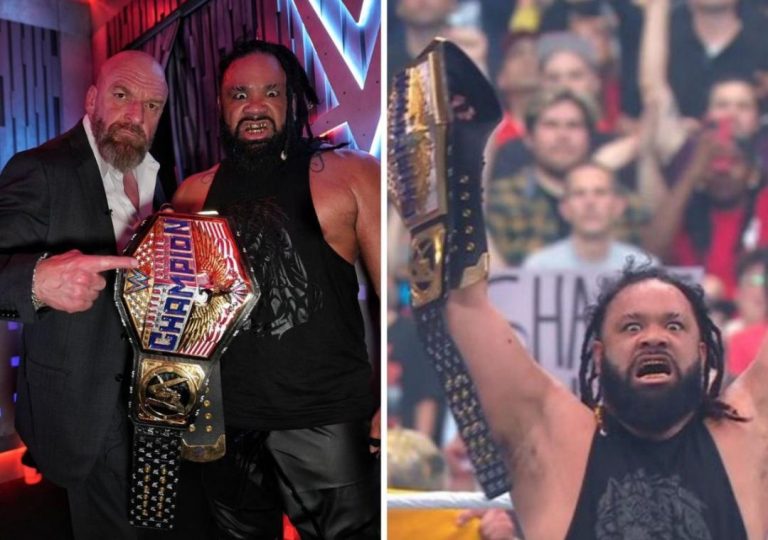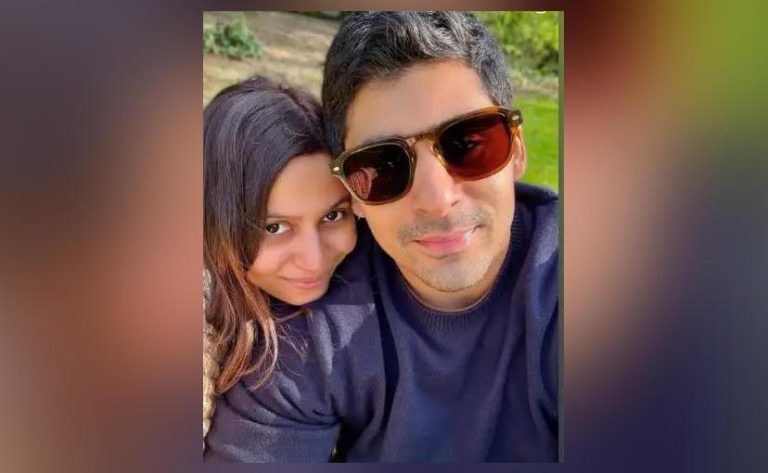
Disappointing that ECB is retiring Pataudi trophy: Soha Ali Khan
As a nation, we take immense pride in our rich cultural heritage, and cricket is an integral part of it. The game has given us some of the most iconic players, and one such legend is Mansoor Ali Khan Pataudi, the iconic cricketer and captain of the Indian cricket team. His contributions to the game are still remembered and celebrated today, and his legacy continues to inspire new generations of cricketers.
However, it appears that the England and Wales Cricket Board (ECB) has decided to retire the Pataudi Trophy, which has been a symbol of excellence and sporting rivalry between India and England. This decision has left many of us feeling disappointed, and one person who is particularly upset is Soha Ali Khan, the daughter of the cricket legend.
In an exclusive interview with Times Now, Soha Ali Khan expressed her disappointment over the ECB’s decision to retire the Pataudi Trophy. “It’s disappointing, to say the least,” she said. “My father’s contribution to Indian cricket has been immense. He was an iconic cricketer, a great captain, and a true legend of the game. He should be remembered in some form, and hopefully, the Board of Control for Cricket in India (BCCI) will consider some way of doing that.”
Soha’s words are a testament to the impact her father had on the game of cricket. Mansoor Ali Khan Pataudi, popularly known as Tiger Pataudi, was a batsman and captain of the Indian cricket team from 1961 to 1975. He is widely regarded as one of the greatest captains India has ever had, and his leadership skills and tactical acumen are still studied by cricketers and coaches around the world.
Under Pataudi’s captaincy, India won 41 of the 55 Test matches he played, and he was instrumental in India’s historic victory over the West Indies in 1971. He was also known for his aggressive batting style, which earned him the nickname “Tiger” due to his fearless approach to the game.
The Pataudi Trophy, named in his honor, was a symbol of the rivalry between India and England, and it was presented to the winner of the Test series between the two teams. The trophy was introduced in 1996, and it has been contested 13 times since then, with India winning it five times and England winning it eight times.
While the ECB’s decision to retire the Pataudi Trophy may have been taken to simplify the naming conventions for future Test series, it is hard to understand why they would want to get rid of a symbol that has such significance and emotional value for Indian cricket fans.
Soha Ali Khan’s words are a reminder that the Pataudi Trophy was not just a trophy, but a symbol of the legacy of her father and his contributions to the game. It is a legacy that continues to inspire new generations of cricketers and fans, and it is a part of Indian cricket’s rich history and heritage.
The BCCI, in particular, has a responsibility to preserve and promote the legacy of Indian cricket legends like Pataudi. While the ECB’s decision to retire the Pataudi Trophy may be irreversible, the BCCI can still find ways to honor Pataudi’s legacy and keep his memory alive.
One way to do this would be to introduce a new trophy or award in his name, which could be contested between India and other Test-playing nations. This would not only keep Pataudi’s legacy alive but also provide a new motivation for Indian cricketers to excel and emulate their hero’s achievements.
In conclusion, Soha Ali Khan’s words are a reminder that the Pataudi Trophy was more than just a trophy – it was a symbol of the legacy of Mansoor Ali Khan Pataudi and his contributions to Indian cricket. While the ECB’s decision to retire the trophy may have been taken, it is up to the BCCI to find ways to keep Pataudi’s legacy alive and promote his memory to new generations of cricketers and fans.






